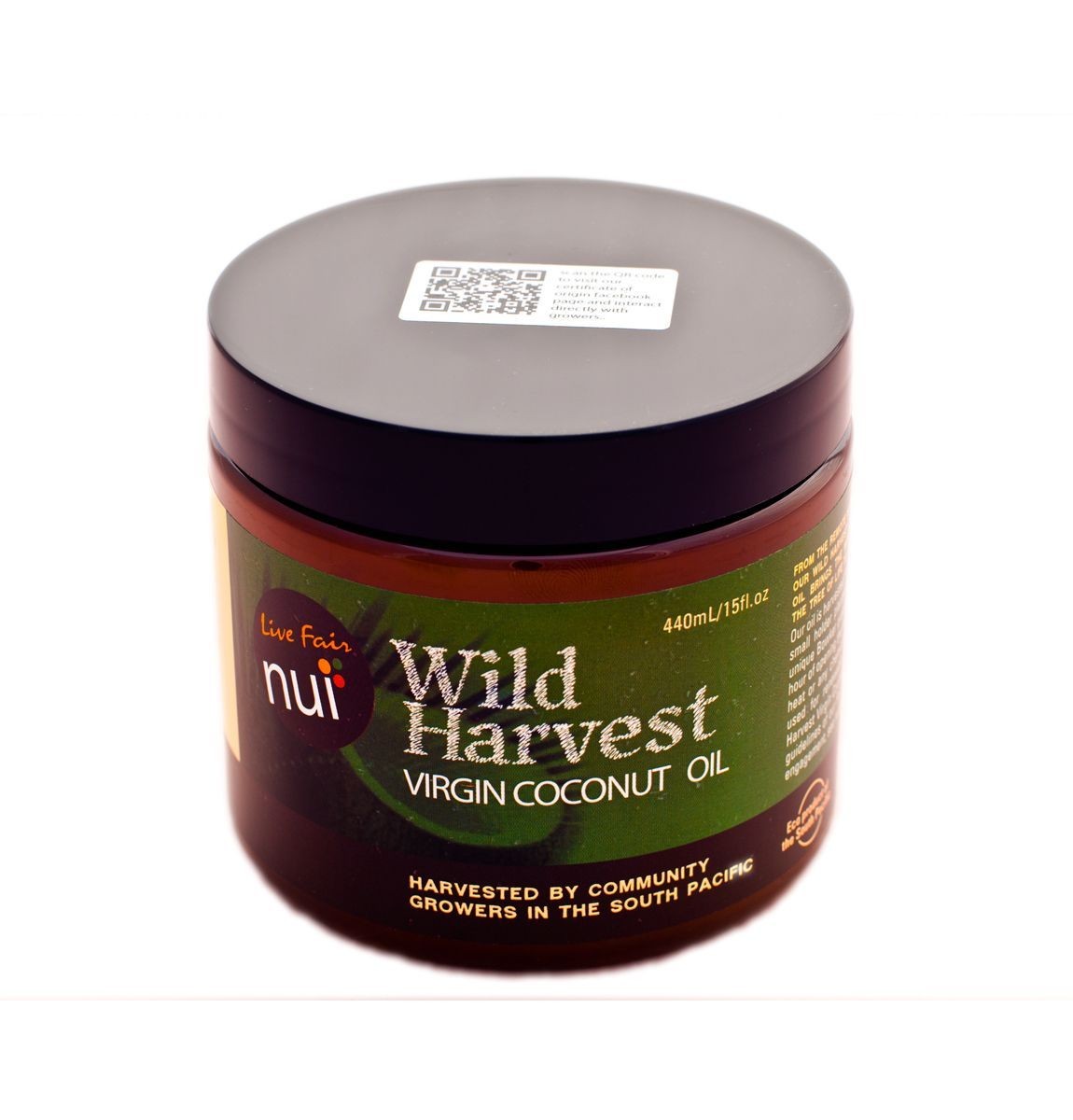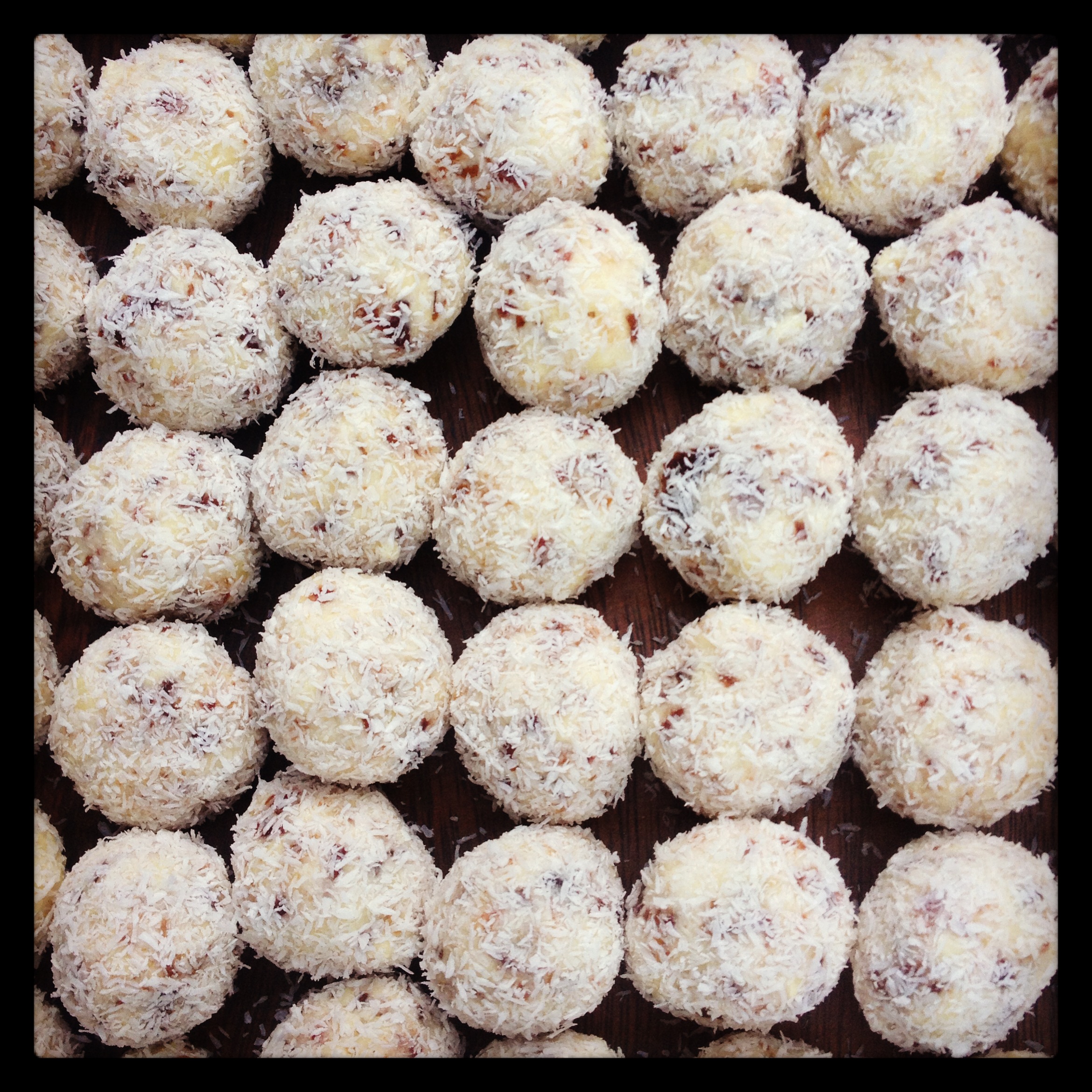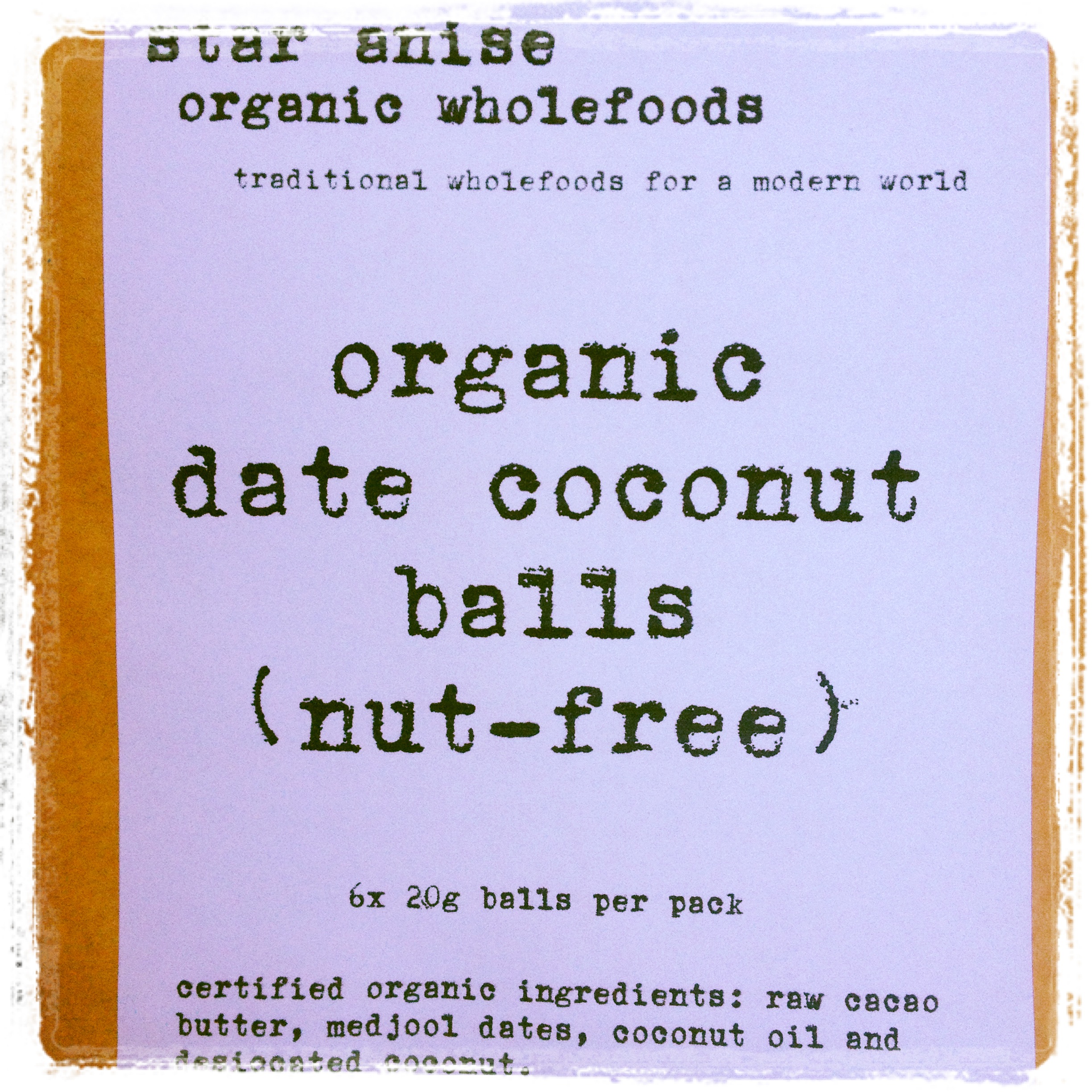Deodorised coconut oil? Virgin vs Extra-Virgin coconut oil? And my 12 favourite uses of coconut oil....
 In this blog I cover a few miscellaneous topics on the subject of coconut oil. Diving right in....
I am often asked what my views are on deodorised coconut oils. After doing a bit of research this is what I uncovered.
In this blog I cover a few miscellaneous topics on the subject of coconut oil. Diving right in....
I am often asked what my views are on deodorised coconut oils. After doing a bit of research this is what I uncovered.
Deodorised coconut oil (often called "refined" coconut oil) is produced to remove or reduce the coconut taste and aroma (which some people find offensive). Deodorised coconut oils are typically made from coconuts that are old and damaged (and usually mouldy) and the deodorisation process typically uses excessive heat, chemical solvents and bleaching to achieve an odourless and aromaless product. All of this makes the end product less nutritious than a virgin coconut oil. The deodorisation processes vary from manufacturer to manufacturer – some using more or less chemical refining than others - but in all cases the oil is refined in some way thereby destroying countless phytonutrients. For this reason I steer clear of all deodorised oils because at the end of the day tampering with a natural product (by adding things in or taking things out) denatures it in some way, rendering it less nutritious or in some cases outright harmful.
Or as has been put less eloquently, when I see the words “deodorised” to describe a food, I think “chemical shit storm”.
The same can be said about the words “low fat”, “no fat”, “skim”, “skinny” or “fortified” to describe a food. I steer clear.
Having said that if someone absolutely found the smell or taste of coconut oil offensive, but wanted to consume it for its nutritional benefits, and pressed me on choosing a deodorised coconut oil as a stepping stone before ultimately transitioning to virgin coconut oil then I would look for a deodorised coconut oil that used:
- fresh edible coconuts; - no chemical refining or bleaching; - a cold expeller pressed method at a low temperature to extract the oil; - a dry steaming method to deodorise the oil at a temperature below 180 degrees Celsius. It is this last step that I still find offensive to nutrient value.
To this end you could try this product from GPA Wholefoods with the caveat that I have not tried it (nor intend to) and have only researched the way it is made and it seems to be superior to other deodorised coconut oils on the market.
For me the taste and aroma of coconut oil is something that I have slowly got used to over the years and now love. For those still struggling with the smell and taste, instead of deodorised  coconut oil I would personally start with small quantities of virgin coconut oil and build up from there (eg when cooking combine with butter and gradually reduce butter and increase coconut oil). I agree that the coconut flavour and aroma is not suitable for all dishes. The natural coconut flavour lends itself (and is amazing) in Asian or Indian dishes as opposed to say Mediterranean dishes. The ONLY fats I cook with are coconut oil, butter (or ghee) and beef tallow. I choose depending on the flavour of the dish. I only use cold pressed extra virgin olive oil to pour cold on salads or vegetables (because it is a monounsaturated fat and hence not as heat stable as saturated fats).
coconut oil I would personally start with small quantities of virgin coconut oil and build up from there (eg when cooking combine with butter and gradually reduce butter and increase coconut oil). I agree that the coconut flavour and aroma is not suitable for all dishes. The natural coconut flavour lends itself (and is amazing) in Asian or Indian dishes as opposed to say Mediterranean dishes. The ONLY fats I cook with are coconut oil, butter (or ghee) and beef tallow. I choose depending on the flavour of the dish. I only use cold pressed extra virgin olive oil to pour cold on salads or vegetables (because it is a monounsaturated fat and hence not as heat stable as saturated fats).
Deodorised and virgin coconut oils may differ a lot in price but you get what you pay for. To know what you are putting in and on your body, you need to know how your food is sourced and processed. Be informed and ask questions.
What’s your view on deodorised coconut oil? What brands do you vouch for?
What's so good about coconut oil? Coconut oil is a healthy saturated fat. Still think that saturated fats from natural sources are bad for you or clog your arteries and lead to heart disease or make you fat? Think again. These are myths that I am busting constantly. Saturated fats from natural sources (like coconut oil, and egg yolks, cream, butter and the fat from pastured animals) are essential to our physical and mental health and well-being and do not make you fat. Coconut oil in particular has a lot of therapeutic benefits. It is anti-bacterial, anti-microbial, anti-fungal and anti-viral. In other words, it kills bad bugs! So apply topically and internally when you are suffering from bacterial or viral infections (whether they be internally or on the skin surface). Coconut oil is also touted as having anti-inflammatory properties. Given inflammation is the root cause of all modern disease I figure that consumption of coconut oil is a step in the right direction.
Another question I have often pondered is whether there is a difference between "extra virgin" and "virgin" coconut oil.
 I has discovered that the difference between extra virgin and virgin coconut oil is NIL. Contrast olive oil whose "extra virgin" label denotes a better quality product and commands a higher price. No such distinction exists in the coconut oil industry. The addition of an "extra virgin" label to virgin coconut oil remains a marketing gimmick, rather than an indication of the oil quality.
I has discovered that the difference between extra virgin and virgin coconut oil is NIL. Contrast olive oil whose "extra virgin" label denotes a better quality product and commands a higher price. No such distinction exists in the coconut oil industry. The addition of an "extra virgin" label to virgin coconut oil remains a marketing gimmick, rather than an indication of the oil quality.
My 12 favourite ways to use coconut oil:
1. I use it to cook Asian/Indian meals (eg when stir frying onions and garlic).
2. I drizzle it on potatoes (or sweet potato) chips/wedges before baking in the oven.
3. I sometimes add it to steamed veggies instead of or in addition to butter (especially when someone is sick in order to fight infection). Coconut oil, tamari, activated sesame seeds and nori strips can easily turn your cooked veggies into a quick Asian-inspired side dish.
4. I use it to make kale chips. Will post recipe in another blog.
5. I use it instead of (or in addition to butter) in desserts, cakes and muffins.
6. I add a tablespoon to my smoothies (along with gelatinous beef broth, kefir and a banana).
7. I swirl a tablespoon in my mouth for 15 mins once or twice a day then spit it out for oil pulling. For information and benefits of oil pulling refer to one of my earlier blog here. I have now been oil pulling for exactly 1 year and my teeth are noticeably whiter. Many people have reported this (and numerous other benefits) since oil pulling. Say goodbye to chemically bleaching your teeth- yeah I'm looking right at you Marty!
8. I add a teaspoon to black coffee and blend with a hand held blender to make an incredibly delicious milk-like bullet proof coffee (without the dairy).
9. I use it as a body or face moisturiser. I don't exclusively use coconut oil as a moisturiser as it is not that deeply penetrating /moisturising for long term use.
10. There are numerous reports that coconut oil acts as a natural sunscreen. I haven't come across the scientific rationale of this (have you?) but the research I've read says that coconut oil works by preventing free-radical reactions which lead to all the consequences caused by overexposure to the sun. Coconut oil permits just the right amount of UV rays to allow for the necessary production of vitamin D. For more information on this click here.
11. It can be used as a lubricant. Goodbye KY Jelly. Moving right along...
12. I sometimes use it under my arms as a deodorant.
How else do you use coconut oil?
My favourite brands of certified organic virgin coconut oil are Nuis, Aclara Health or It Works!
What brands of coconut oil do you like?
 I have added a new product to my range: nut-free date coconut balls made with the following certified organic ingredients:
I have added a new product to my range: nut-free date coconut balls made with the following certified organic ingredients:



